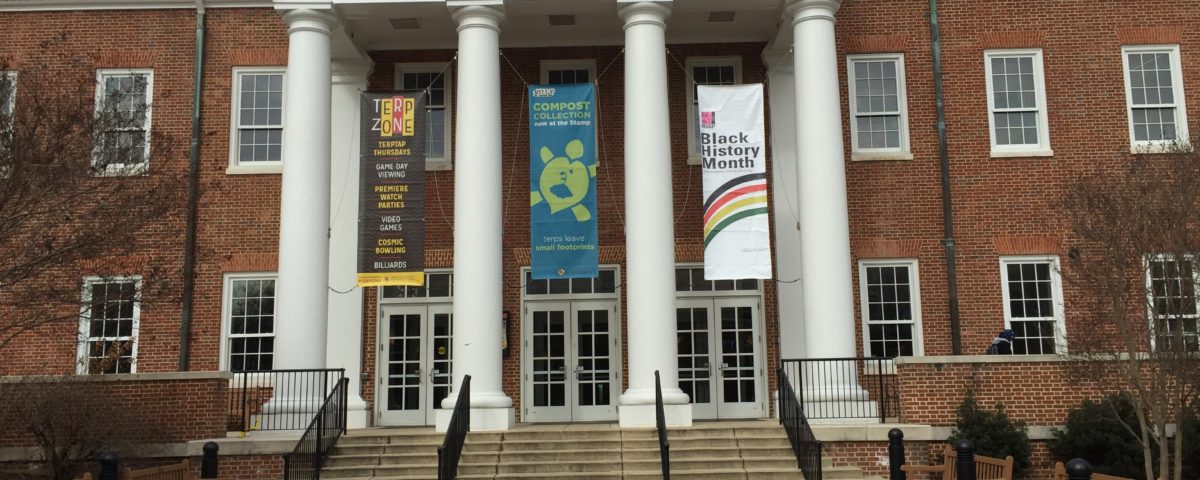Debunking the College Myth about English Majors

In early July, Inside Higher Education published an article about the myth of the barista who had been an English major in college. Now, I had never heard of this myth, but it does reflect what a lot of people think – that liberal arts majors (i.e. humanities and social science concentrators) won’t be able to find jobs after graduation.
According to the article, this assumption really is a myth: English majors don’t end up as baristas, according to a survey of data from something called the American Community Survey from the U.S. Census Bureau. There is a proviso – the government data isn’t limited to baristas but includes related jobs such as waiting tables and washing dishes – but I think that the myth can just as easily extend to those jobs – so I agree with the author that the analysis reliably would include baristas.
In any event, the data apparently shows that yes, you English majors may take a bit more time in finding your “career footings,” but you will catch up. Statistically, you only have a 4.9% chance of working in a lower level food service occupation between ages 22 and 26, and that’s not a lifetime commitment. The percentage of English majors working in lower level food service professions for ages 27 to 66 is only .72%.
The top occupations among English majors in the 27 to 66 age group are teachers (including college professors) and lawyers (yep, that’s the track I took initially; it seemed kind of natural for a double major in political science and history who didn’t want to join the foreign service) and judges. Statistically, you are more likely to end up as a CEO (perhaps in one of the food-related start-ups that seem to be proliferating), doctor or accountant than working at a coffee bar for the rest of your life. And I believe that a lot of liberal arts majors will end up in careers that simply need people who can express themselves and who can write: editors and journalists (before the proliferation of journalism programs in colleges, English majors just naturally segued into this field), public relations and marketing professionals, speechwriters, film-makers and producers, authors, diplomats, national security experts, international business professionals, psychologists and politicians, just to name an additional few. To me, the ability to communicate and to do that well is a necessity in just about any profession.
My last words to English, and for that matter, humanities and social science majors: Study what you love, and after that, you can do anything! (Although you may at some point need a graduate degree.)
If you’d like to read the entire article by Robert Matz, a professor of English at George Mason University, go to http://tinyurl.com/jnocdcc.

